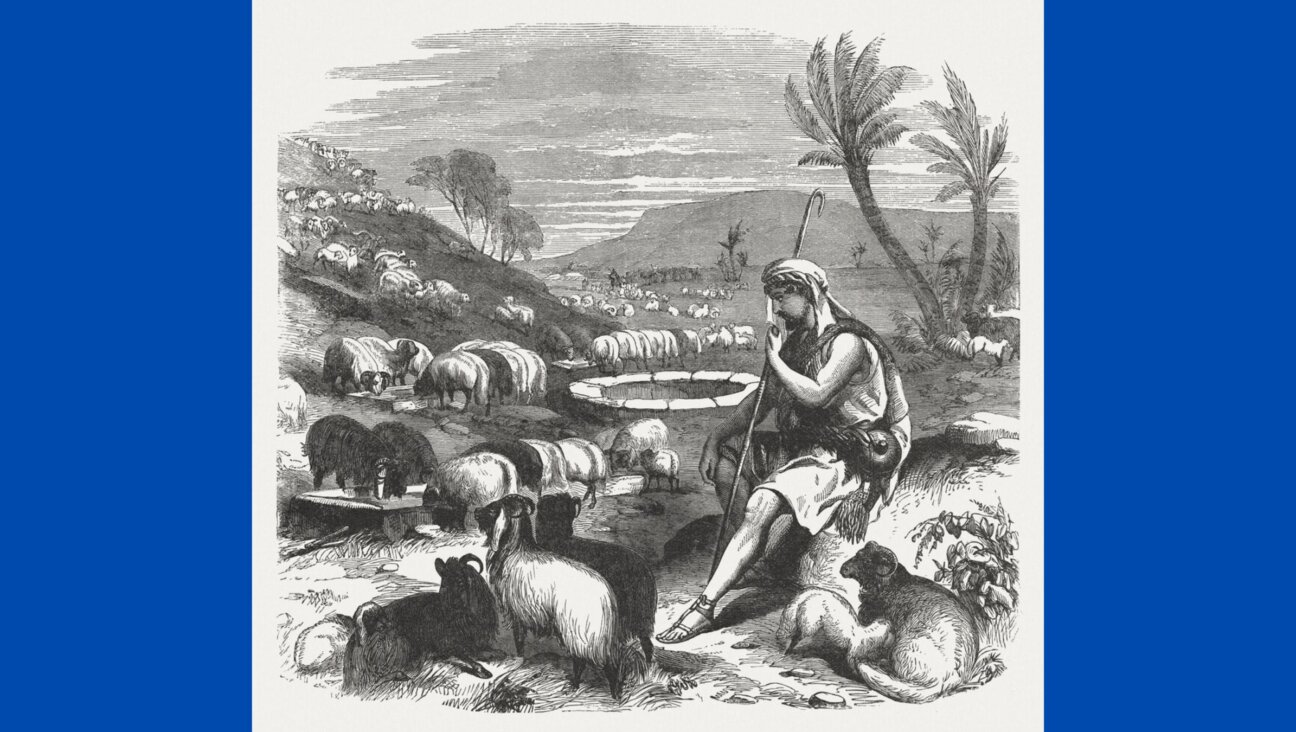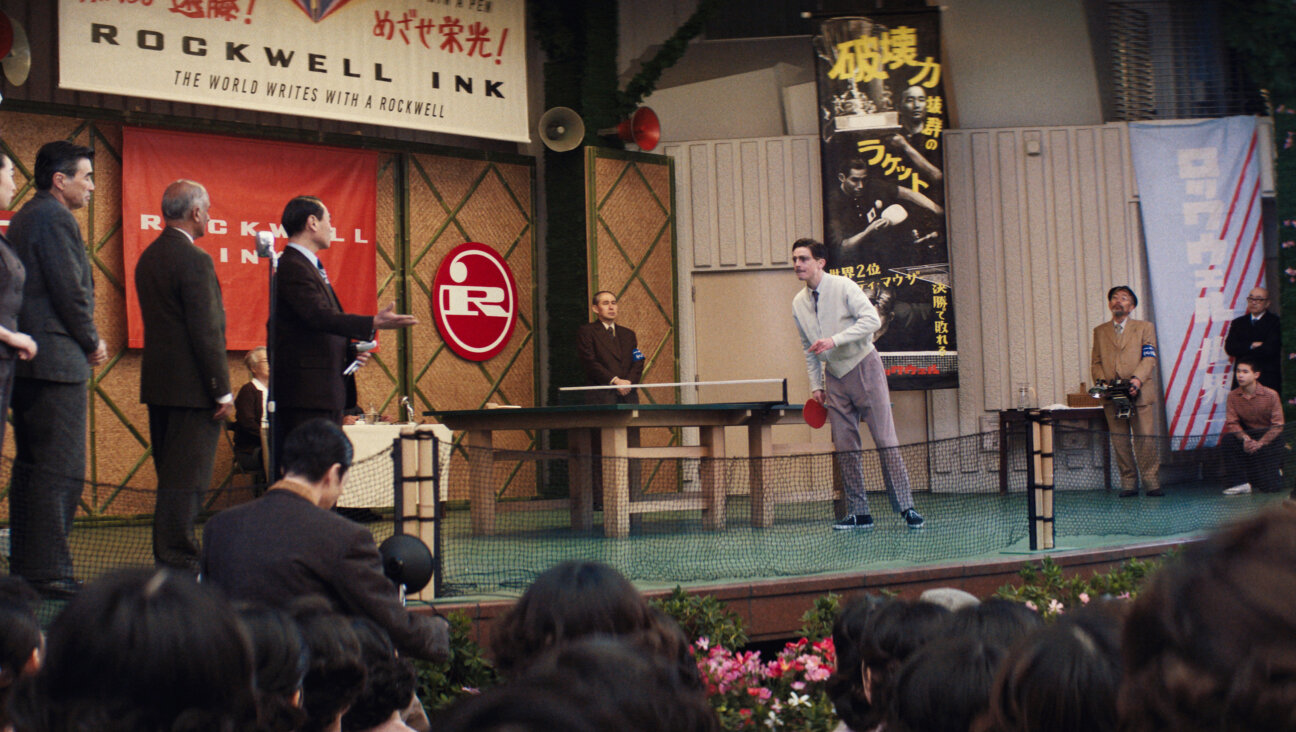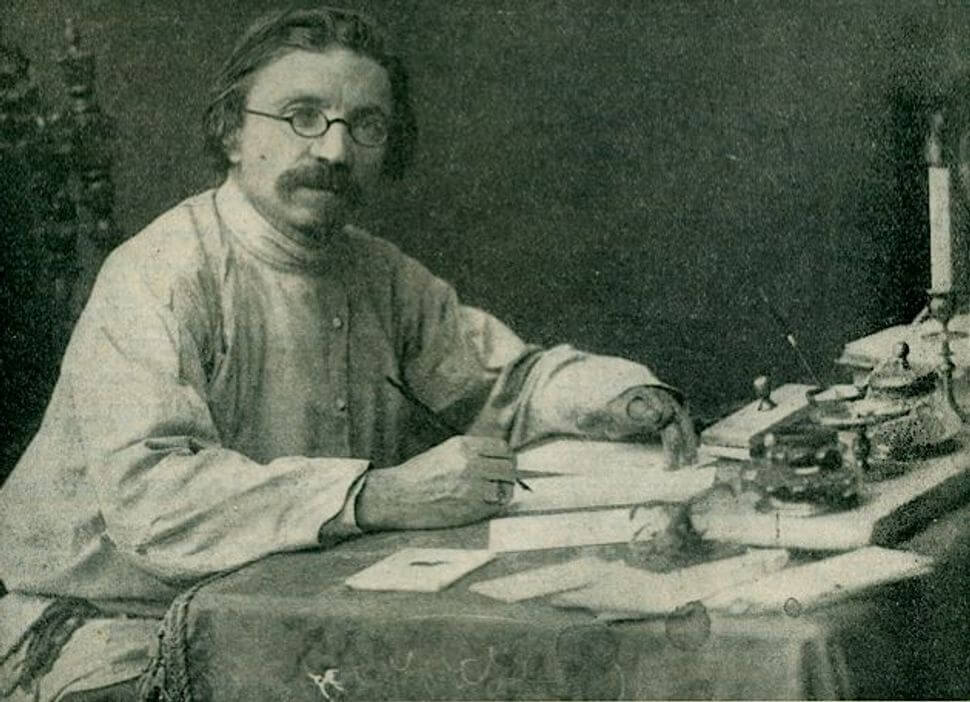Radio Days: A Life Heard
35 and up category
Winner: Seymour Zimilover
Age: 81
–
In the days before television, radio was the major source of entertainment for most people. It was even more important than the movies in that going to the movies was a once or twice-a-week affair, but radio was a seven-day activity. Among the major stations broadcasting in those days was station WEVD, whose programs were almost all aimed at the Yiddish-speaking audience. Its programming mirrored very closely the English-language stations with two exceptions: It had no programs directed to children, nor any covering sports events. There was no Lone Ranger or Jack Armstrong speaking Yiddish, and it paid no attention to the exploits of the Giants, Yankees or the Dodgers, but I still spent a lot of time listening to that station. I had to: My parents owned the radio.
Believe it or not it was not a painful experience. The music, which was mainly the music of Second Avenue or that of prominent cantors, was not hard to take. It was as easy on my ears as the popular music of the day. I took to it as Italian kids probably accepted the operatic music they were exposed to in their homes. My command of Yiddish was still good in those days, and one of my favorites was a newscaster named Shlomo Ben Yisrael. I was fascinated by the trademark sign-off for his Saturday-night broadcast. “A Gitte Voch Mama.” There was nothing so “heimish” in English broadcasting. The ability of WEVD to reach a targeted market made it a natural for vendors of Jewish products to sponsor its broadcasts, and they made some of these products almost generic. As a result of this exposure, “Good Health Seltzer” was more welcome and as well known as either Pepsi or Coke in Jewish homes. The station’s rates were the highest for local broadcasting. The “Joe and Paul” commercials made that men’s clothier a household name, and its jingle actually sold over 700,000 copies when released as a novelty record. Everyone knew Planter’s Peanut Oil as “Gut for Shabbos und der Vochen Gut far backen und far kochen.” The Kosher wine makers were all among the sponsors. Shapiro, Manischewitz, Magen David and Ganeles-Lenger were regularly heard from. English language stations all had husband-and-wife teams like Ed and Pegeen Fitzgerald, who did interview shows. WEVD countered with Molly Picon and her husband, Jacob Kalish. Molly was to Yiddish theater what Ethel Merman was to Broadway. Her program was on during my lunch hour, so I got to hear it often. It was every bit as sparkling as its English-language counterpart.
There was nothing in standard broadcasting that compared with the Friday schedule of WEVD. This might have been the origin of the “infomercial.” On Friday, institutions like hospitals, orphan asylums and yeshivas dominated the programming. They did not solicit your business. You were not encouraged to become an orphan or get sick. They just wanted your money. It was a series of appeals and since they kept appealing every Friday they were obviously successful. I will never forget the name of one of the hospitals that was a regular in this series. It was the most depressing, hopeless and ill-considered name a hospital could have. It was called, without apology, “The Hospital for Incurable Diseases.” It sill exists, but under a more hopeful appellation. I wonder how it does its fund raising today?
Sunday was the highlight of the week. From 10 a.m. to 11 a.m. was “The Forward Hour.” The Jewish Daily Forward owned the station, and this was their chance to shine. It was a variety show that featured the outstanding WEVD Orchestra and, on a rotating basis, the leading stars of the Yiddish stage and screen. Moshe Oysher, the Barry Sisters, Miriam Kressyn and her husband, Seymour Rexite, made frequent appearances. The popularity of this program was such that you could walk the streets of the Lower East Side on a Sunday morning and not miss any of the program. The only other programs that had this kind of appeal were the later broadcasts of the Brooklyn Dodger games by Red Barber. You could hear Red Barber anywhere you walked in Flatbush or Bensonhurst. The star of “The Forward Hour” was an actor named Zvi Scooler known as the “Grammeister” or master of rhyme. He was a regular on the show for all of the more than 25 years that the show ran. Every Sunday he would deliver a report on the previous week’s news using Yiddish, Hebrew and English and all in rhyme. It was a sort of Calypso routine without music. His command of the three languages was masterful, his coverage of world affairs was complete and, above all, he was funny while delivering the message. In addition to this, Scooler has the distinction of being the only actor to appear in “Fiddler on the Roof” from its opening until the show ended its record-breaking run. During this time he played many roles, including the Rabbi and Lazar Wolf the Butcher. His long run as “The Grammeister” is worthy of hall of fame status.
I have little information on the current status of Yiddish radio, but the old days are forever in my memory.
















